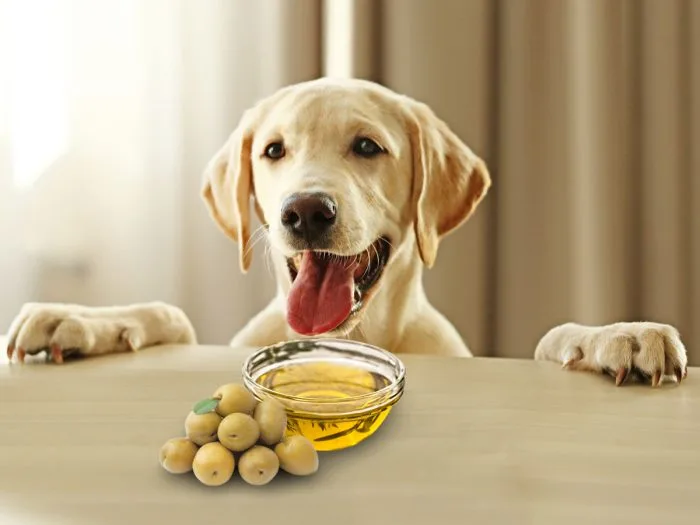As a dog owner, you may be curious about the foods that are safe for your furry friend. Olives, a popular snack for humans, might catch your eye when considering a tasty treat for your pup. But can dogs eat olives? In this article, we’ll explore the benefits, risks, and important considerations of feeding olives to dogs.
Understanding Olives
Olives are small, nutrient-dense fruits that grow on olive trees. They come in various varieties, including green and black, and are commonly used in Mediterranean cuisine. Olives are rich in healthy fats, vitamins, and minerals, making them a popular choice for humans. However, it's essential to determine if they are suitable for dogs.
Nutritional Benefits of Olives
Olives contain several beneficial nutrients that may be advantageous for dogs in moderation:
-
Healthy Fats: Olives are high in monounsaturated fats, which can help support heart health and improve skin and coat condition.
-
Vitamins and Minerals: Olives are a source of vitamins E and A, as well as iron and copper, which contribute to overall health.
-
Antioxidants: Olives are rich in antioxidants, which can help combat oxidative stress and promote a healthy immune system.
Can Dogs Eat Olives?
Yes, dogs can eat olives in moderation, but there are important considerations to keep in mind:
-
Pits: The pits in olives can pose a choking hazard and may cause intestinal blockages if ingested. Always ensure that olives are pitted before offering them to your dog.
-
Salt and Seasonings: Many olives are cured in brine or packed in salt, which can lead to excessive sodium intake. High sodium levels can cause health issues in dogs, including increased thirst and urination, and even more severe complications in large quantities.
-
Portion Size: While olives can be a healthy treat, they should only be given occasionally and in moderation. Too many olives can lead to digestive upset or an imbalance in your dog’s diet.
Health Benefits of Feeding Olives to Dogs
If prepared correctly and given in moderation, olives can provide some health benefits for your dog:
-
Promotes a Healthy Coat: The healthy fats found in olives can contribute to a shiny coat and healthy skin.
-
Supports Heart Health: The monounsaturated fats in olives can help maintain a healthy heart and support cardiovascular health.
-
Boosts Immune System: The antioxidants in olives can help strengthen your dog’s immune system and protect against cellular damage.
How to Safely Feed Olives to Your Dog
If you decide to share olives with your dog, follow these guidelines to ensure safety:
-
Choose Plain Olives: Opt for plain, unsalted olives without any additional seasonings or preservatives.
-
Remove Pits: Always ensure that the olives are pitted to avoid choking hazards.
-
Start Small: Introduce olives slowly into your dog’s diet and monitor for any adverse reactions. Begin with a small piece to see how your dog reacts.
-
Limit Frequency: Keep olive treats to an occasional snack rather than a regular part of your dog's diet.
Signs of Allergies or Adverse Reactions
While olives are generally safe for dogs, it’s crucial to be aware of any signs of allergies or adverse reactions. If your dog experiences any of the following symptoms after eating olives, contact your veterinarian:
- Vomiting
- Diarrhea
- Excessive itching or skin irritation
- Swelling or hives
Alternatives to Olives
If you’re looking for healthy snack alternatives for your dog, consider these options:
- Carrots: Crunchy and low in calories, carrots are a nutritious snack for dogs.
- Blueberries: These antioxidant-rich berries are safe and tasty for dogs.
- Green Beans: Fresh or steamed green beans are a healthy treat that dogs often enjoy.
- Apple Slices: Remove the seeds and core, and dogs can enjoy apple slices as a sweet treat.
Conclusion
In moderation and with proper preparation, olives can be a safe and enjoyable treat for dogs. Remember to always remove the pits, choose plain varieties, and limit portion sizes. As with any new food, consult your veterinarian before introducing olives into your dog’s diet, especially if your dog has existing health concerns or dietary restrictions.
By being mindful of what you feed your furry friend, you can help ensure they stay healthy and happy while enjoying the occasional tasty treat.


